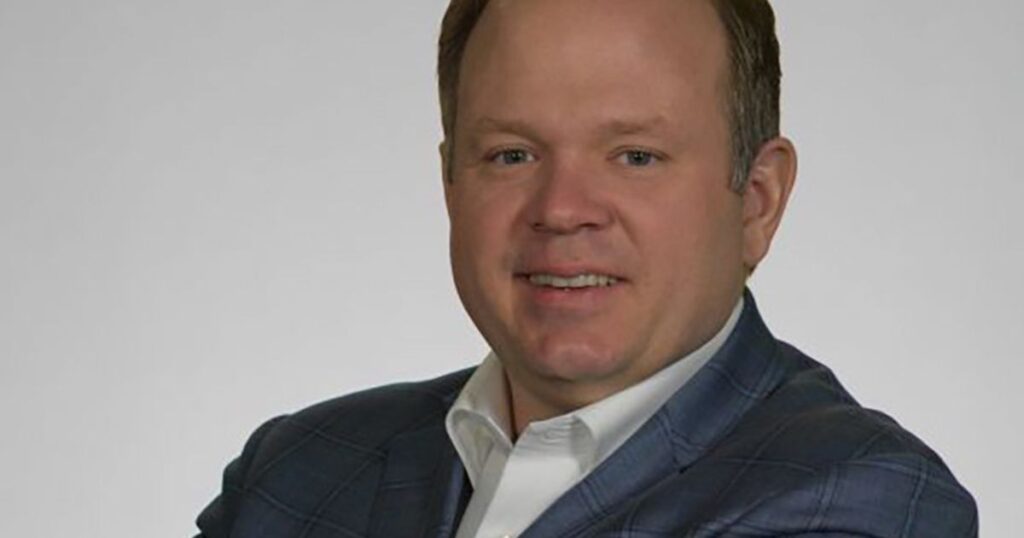Brookfield Business Partners is a division of Brookfield Asset Management’s private equity group.
Brookfield will acquire all of CDK’s outstanding shares for $54.87 per share in cash when the transaction closes in the third quarter, CDK said. The offer would represent a 30% premium over CDK’s closing share price on Feb. 18, the company’s last full trading day before market chatter about a possible sale began.
The company did not divulge the details of its bid solicitation process, save to say that the board of directors reviewed “strategic and financial alternatives” for several months before picking Brookfield.
Brookfield stated in a news statement that CDK is appealing due to its market leadership, recurring, subscription-based revenue streams, upside potential amid consolidation in the car retail industry, and what it describes as “significant prospects” to increase CDK’s value.
“With the acquisition of CDK Global, we are excited to expand our technology footprint and look forward to leveraging our operating capabilities to build on the company’s track record of providing best-in-class customer service and innovation,” Doug Bayerd, managing director of Brookfield Business Partners, said in a statement.
A spokesman from Brookfield did not reply to a request for additional comment. Tautges stated that no decisions on CDK’s leadership team had been made prior to the transaction’s close.
According to analysts that follow CDK, the firm has been spending on expanding its product assortment, but this plan has fallen short of investor expectations.
“The company was not being compensated for its efforts,” said Gary Prestopino, managing director of Barrington Research, which tracks CDK.
Shareholders of a public firm want regular earnings growth, which does not necessarily occur when the company is investing for the future, Prestopino explained.
“I believe this is the best possible outcome for the CDK management team in terms of removing it from the public glare and allowing them to grow this thing over the next couple of years without worrying about quarterly investment expectations,” he said. “And in a couple of years, they may have it where they want it, and they may reintroduce it to the public market, or it may be a private equity transaction.”
